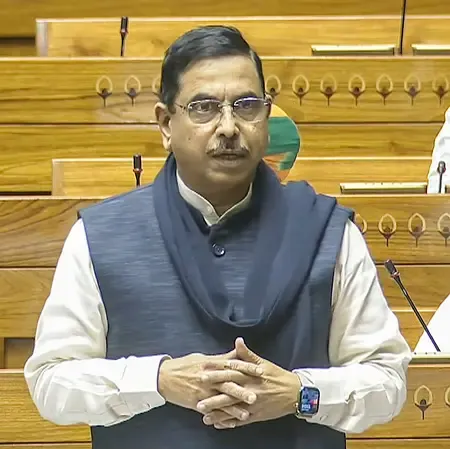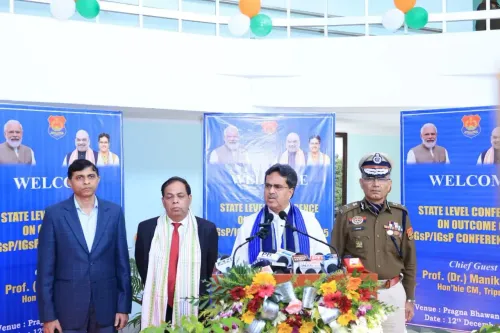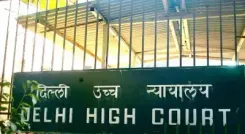Telangana Enacts New Legislation to Enhance Revenue Management

Hyderabad, Dec 18 (NationPress) The Congress-led government in Telangana has enacted a new revenue law designed to enhance the system and abolish the previous Dharani portal implemented by the BRS government. Revenue Minister Ponguleti Srinivas Reddy presented the Telangana Bhu Bharati (Record of Rights in Land) Bill, 2024, to replace the Telangana Rights in Land and Pattadar Passbooks Act, 2020, which was introduced by the former administration.
The minister informed the Assembly that the government intends to discard Dharani, fulfilling a commitment made during last year’s Assembly elections, as it caused significant distress among the populace.
He emphasized that the abolition of Dharani aims to facilitate seamless land transactions and address the issues faced by residents.
According to the minister, the new legislation will correct the shortcomings of the existing laws that adversely affected land administration.
The Act is designed to safeguard the rights of poorer small landowners who occupy land physically but lack formal documentation.
It includes provisions for establishing Bhudhar, a comprehensive record for all land parcels within the state, alongside the issuance of Bhudhar cards to protect ownership rights and ensure easy access to land information online.
Similar to Aadhaar, Bhudhar will assign a unique identification number to each farmer, addressing issues related to boundary disputes and facilitating better revenue record management.
The legislation also introduces a grievance redressal system for correcting entries in the Record of Rights and establishes an appeal mechanism across various levels. Additionally, it includes provisions for adjudicating land recorded in Part-B, covering an area of 18.26 lakh acres, where digital signatures were not applied.
This law mandates the creation of new Records of Rights following a re-survey and updating existing records through a specialized program, which is anticipated to benefit numerous landowners who have reported discrepancies in their land documentation.
The Bill aims to streamline the Record of Rights process and create documentation for Abadi and non-agricultural lands, which had previously been lacking. It also facilitates the regularization of sadabainamas, informal land transactions, with over 9 lakh applications received to date. Furthermore, the Act seeks to establish a user-friendly online platform for maintaining these records while ensuring the protection of government lands.
The revenue minister announced that every village will have a designated revenue official, and a tribunal will be established to resolve land disputes.
Srinivas Reddy recalled that land registrations were stalled for four months due to the previous BRS government’s Dharani portal.
He indicated that the number of modules under the new Act would be reduced to six, a significant decrease from the 33 modules in the existing Dharani system.
The minister noted that a committee was formed to draft the Bill, which underwent revisions 22 to 23 times.
The draft was made available on the website for 40 days, incorporating feedback from MLAs and experts, including written suggestions from BRS MLA Harish Rao.
A day-long debate on the draft Bill took place across all 33 district Collectorates in the state.
Srinivas Reddy stated that the Bhu Bharati Bill was developed after analyzing Record of Rights Acts from 18 different states.










